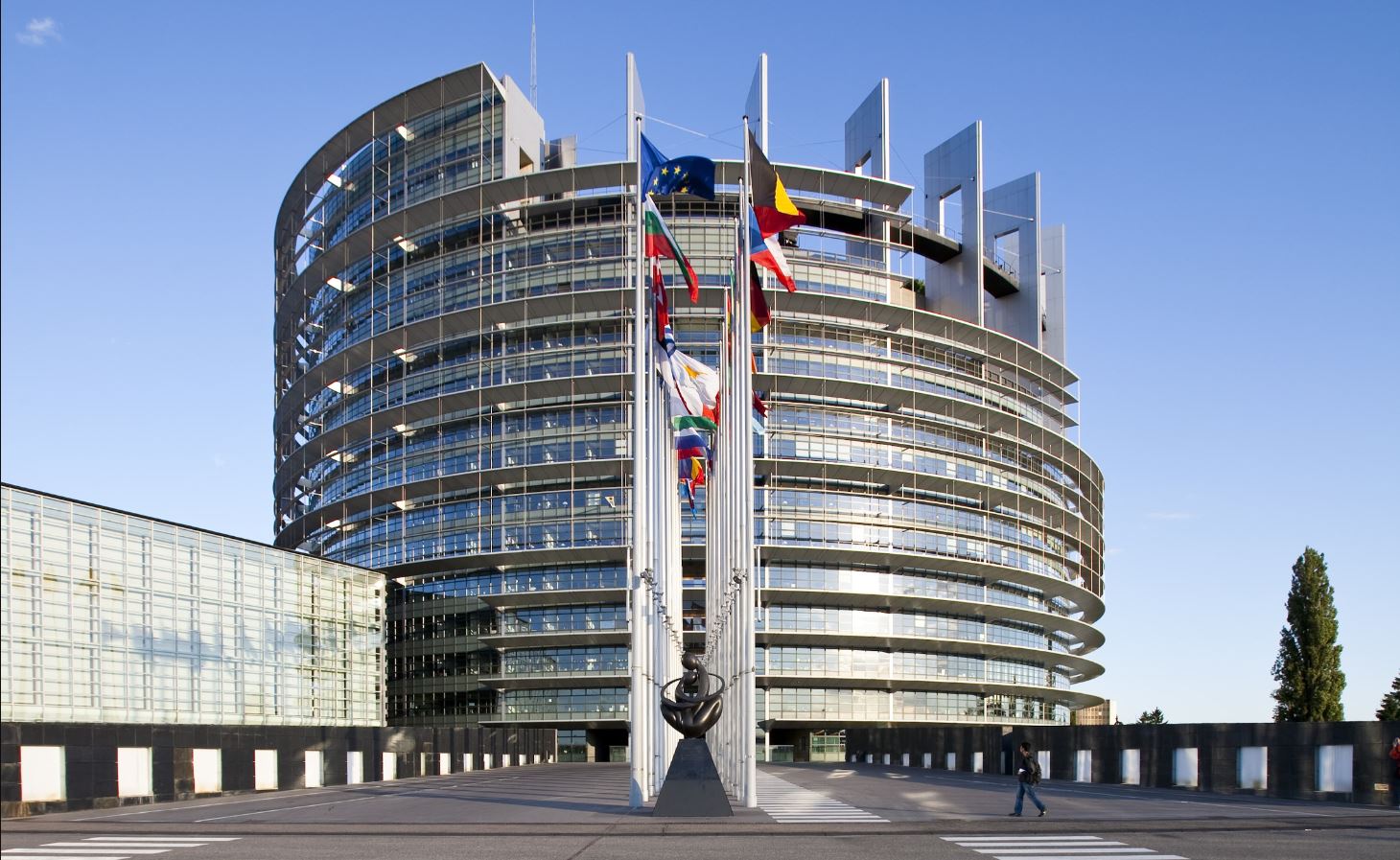The European Union (EU) and the United States (US) said on Friday that they want to work more closely on artificial intelligence (AI). They plan to focus on making AI safer and better governed. They also want to work on other technology issues together, like creating digital ID standards and making sure technology companies protect people's rights.
This decision came from the latest meeting of the EU-US Trade and Technology Council, which has been trying to improve the relationship between Europe and the US since 2021. This relationship had some problems during Donald Trump's time as president.
There's some uncertainty about how much the EU and the US will be able to work together on AI and other tech issues, especially with the US election coming up and the chance of Donald Trump coming back into office.
However, right now, both sides are keen to work together more on tech issues. They made a joint statement to show this, hoping to convince people in their countries to support cooperation rather than conflict, especially with elections coming up.
In part of their statement about AI, they talked about following a risk-based approach to AI. This means they want to focus on safe and trustworthy AI technologies. They mentioned a code of conduct called the Hiroshima Process International Code of Conduct for organizations that develop advanced AI systems. This code is meant to complement their own rules and governance on AI.
One of the main outcomes from their meeting is a plan to start a "Dialogue" between the EU's and the US's AI oversight groups. This is to help them work more closely together, especially in sharing scientific research about AI.
They also want to work together on creating standards for AI that both sides can agree on. This includes agreeing on the definitions of key AI terms.
Another part of their agreement is to use AI research to help solve big problems, like improving health care, farming, and fighting climate change. They are particularly focused on helping developing countries and the global south with these technologies.
They've already made some progress in areas like energy, emergency response, and health and farming, and they plan to keep working together and sharing their research with the world.
Lastly, they talked about working with other countries like the UK, Canada, and Germany to help Africa benefit from AI. They also want big tech companies to be more responsible with the information on their platforms, especially with elections coming up around the world. They are concerned about the dangers of AI-generated fake information and want tech companies to help researchers study the risks to society.


